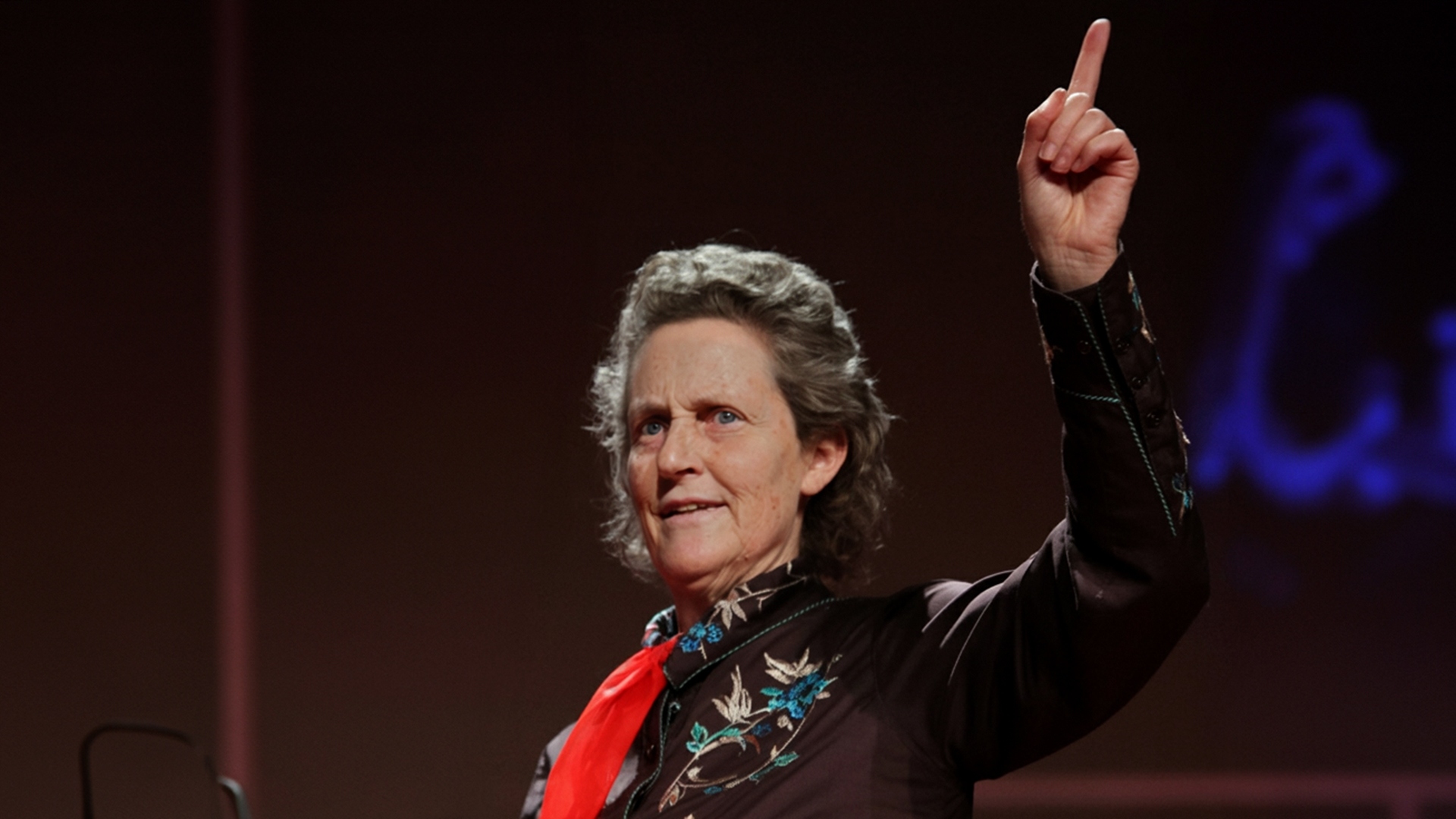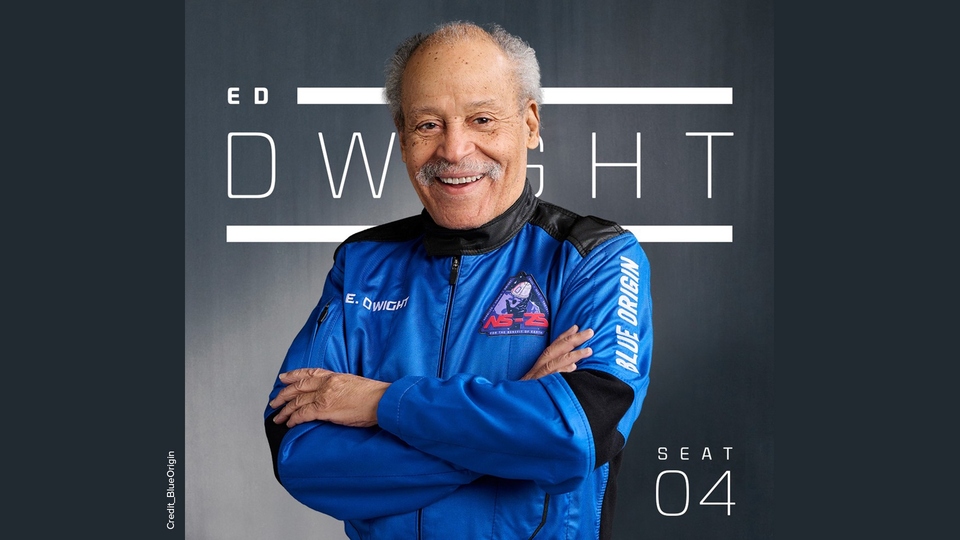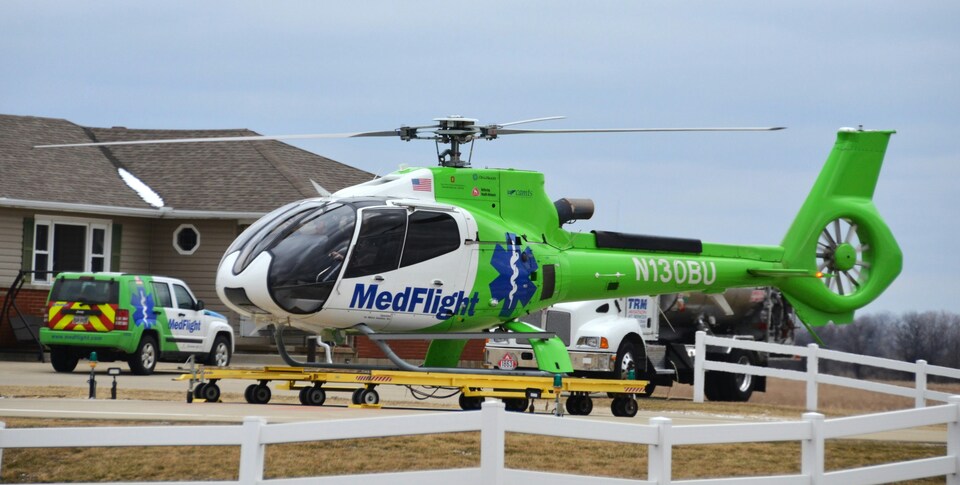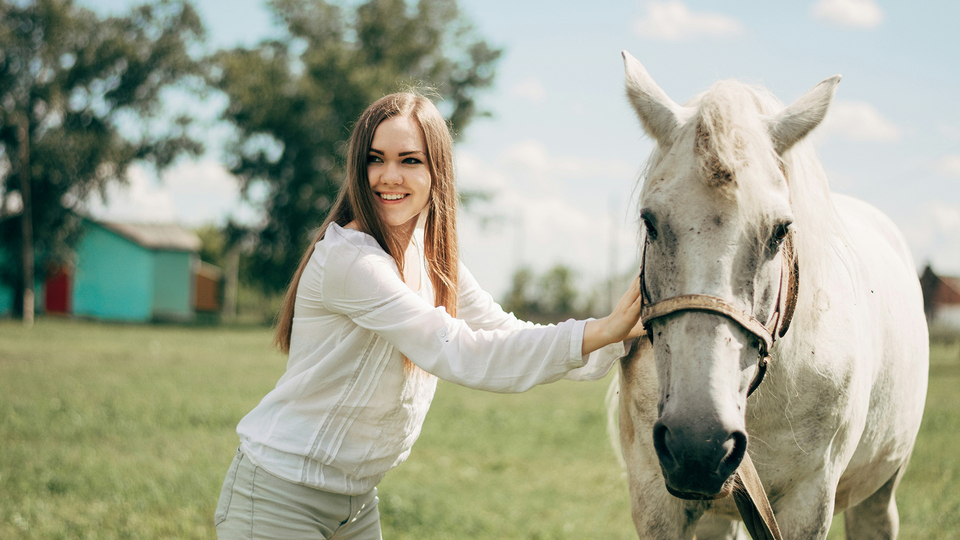
Empathy for Animals Brings Out the Best in All of Us.
Temple Grandin had to overcome prejudices, ignorance and bullying on her way to becoming a leader in the field of animal behavior. Her autism became her strength, not a barrier to her success.
November 4, 2025 by The Foundation for A Better Life
Seeing the world from a different perspective adds insight into how we interpret our lives. For Temple Grandin, it meant first understanding why she saw the world in such a unique way.
Born in 1947 in Boston, Massachusetts, Grandin arrived at a time when little was known about autism. She was diagnosed at the age of 2, and doctors advised that she be institutionalized. She was socially withdrawn, didn’t speak until she was 4 years old, had sensitivity to touch and sound and engaged in repetitive behavior.
Yet her mother had an unwavering belief in Grandin. She provided speech therapy, occupational therapy and a nurturing home environment. The challenge of raising Grandin would test the best of mothers: Classmates misunderstood her. Other children bullied her. And teachers did not understand her unique way of thinking.
Eventually, her mother enrolled her in boarding school, where Grandin found a supportive environment that encouraged her intellectual curiosity and fostered her interest in science and engineering. She went on to earn a bachelor’s degree in psychology from Franklin Pierce College, a master’s degree in animal science from Arizona State, and a PhD in animal science at the University of Illinois. In 1990, she joined Colorado State University as a professor in the College of Agricultural Sciences.
Perhaps Grandin’s nurturing mother left the deepest impression, one that encouraged Grandin to view her autism as an advantage —a unique gift. Her empathy for animals was shaped by her own distinctive sensory way of experiencing the world. This different way of looking at things led her to innovations in livestock management and more humane ways of treating animals.
Her most notable innovation is the “squeeze machine,” a device she originally designed for herself to calm her own anxiety. The machine applies gentle, evenly distributed pressure, which Grandin found soothing. Recognizing the calming effect of gentle pressure, she adapted this principle to improve livestock handling equipment. Her innovative curved chute design and other handling systems reduce animal stress and minimize injuries.
Grandin never lost sight of how unique she is, or of the gifts autism can offer. Her impact as an advocate for people with autism is just as recognized as her work with animals. At the core of each is empathy. When you treat, teach and encourage others from an empathetic place, you connect with the best parts of them. You instill in them a belief that they can be more, and in the process, you give them joy.
“Autism is who I am,” Grandin writes. “I had people in my life who didn’t give up on me: my mother, my aunt, my science teacher. I cannot emphasize enough the importance of a good teacher.”
Empathy… PassItOn.com®
YOUR COMMENT
Temple is an amazing woman! She struggled with all the bullying but she managed to suceed and very well too! Thankful she had support from her mom. Just amazing!
Andrea from Maine, November 6, 2025
An AWESOME article about an amazing Woman
Leslye from Tampa, Florida, November 4, 2025
This is such a feel-good story about Temple overcoming her autism and doing what she loves.
Carol Vanzant from Atlantic, IA, November 4, 2025



.jpg)